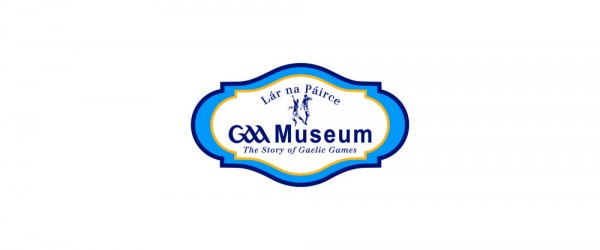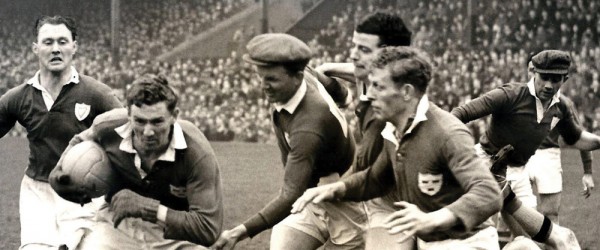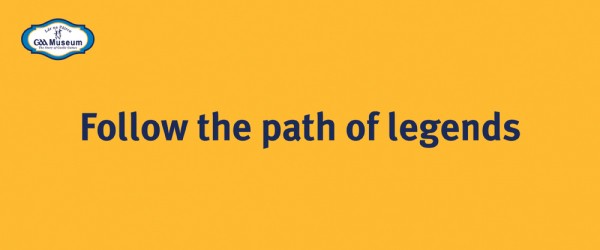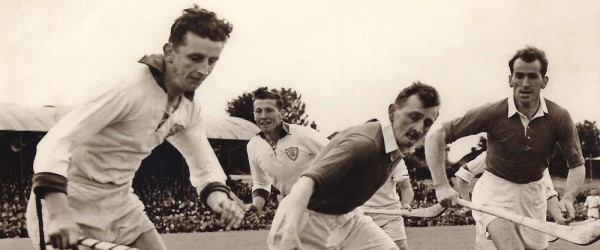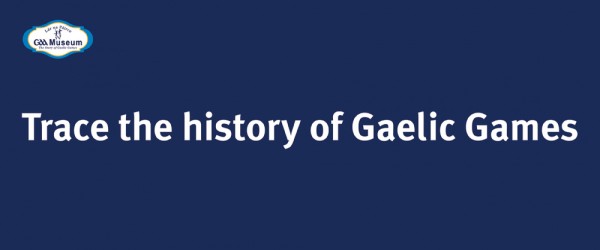The passing of Fr. Tommy Maher on March 25, the same day that Henry Shefflin retired from inter-county hurling, was an unusual coincidence because both of them were hurling icons, not only in their native Kilkenny but in the wider world as well.
Former G.A.A. president, Nicky Brennan, who had played under Maher in his early career, stated that the coach contributed not only to hurling in his own county, which he took to seven All-Irelands in eighteen years, but to hurling in general.
‘He was one of those people who took a lead in developing skills and putting those skills down on paper in order to improve hurling as a game. It was himself, Donie Nealon, John Hanley, Dessie Ferguson, Ned Power – they were the pioneers who took hurling from what you might call its raw state and made it a game of skill.’
Enda McEvoy in a great book, The Godfather of Modern Hurling: The Father Tommy Maher Story, published in 2012, wrote about his outstanding contribution to the game and to Kilkenny’s success. According to him Tommy Maher was the first man to use ‘tactics’. ‘Surely’, he concluded, ‘there had to be more to training than this delirium of effort for its own sake. Surely there had to be room for thought, for logic, for imagination, for the cultivation of science, for the identification of problems, for the improvement of of weaknesses and the coaching of skills.’
He revealed so much of himself as a trainer and coach of St. Kieran’s in the All-Ireland Colleges final against St. Flannan’s at Thurles in 1957. On that day, according to the author, ‘he demonstrated that the small things were the big things, that success in hurling was about the mastery of the basic skills, that practising the skills was not only desirable but crucial
and that practice – proper practice – could mean the difference between victory and defeat.’
The ‘plan’ he had for the day didn’t go well in the first half and St. Flannan’s looked likely winners.
‘Back in the sanctuary of the dressing room silence reigned. The players half-expected Fr. Maher to denounce them from a height. After all many another trainer would have – and, what’s more, would have been entitled to do so in the circumstances.
But Fr. Maher wasn’t any other trainer. No ash plants were splintered, no bottles fired at the walls. In truth he barely uttered a word. His voice was ever soft, gentle and low, an excellent thing in a coach. ‘I’ve trained ye to hurl in a certain way – now do it ‘ was about as much as he said.’ No need to tell you who won.
Fr. Tommy Maher also recognised that there was an essential physicality about hurling and that a player had to be capable of taking care of himself in that department. There was a perception before him that Tipperary had the edge on Kilkenny in this department and Tommy Maher’s greatness was to develop this steely quality which has made Kilkenny tops not only in the game of skills but in the physical department as well.
Ultimately Tommy Maher has to be judged by the success of the revolution he brought to Kilkenny hurling. Since his first year in 1957, when by his own account he reluctantly agreed to take on the county team, Kilkenny have won 22 All-Irelands, whereas Tipperary and Cork have managed 11 and 10 respectively. No more need be said.
Lár na Páirce
Museum of the GAA and Gaelic Games
